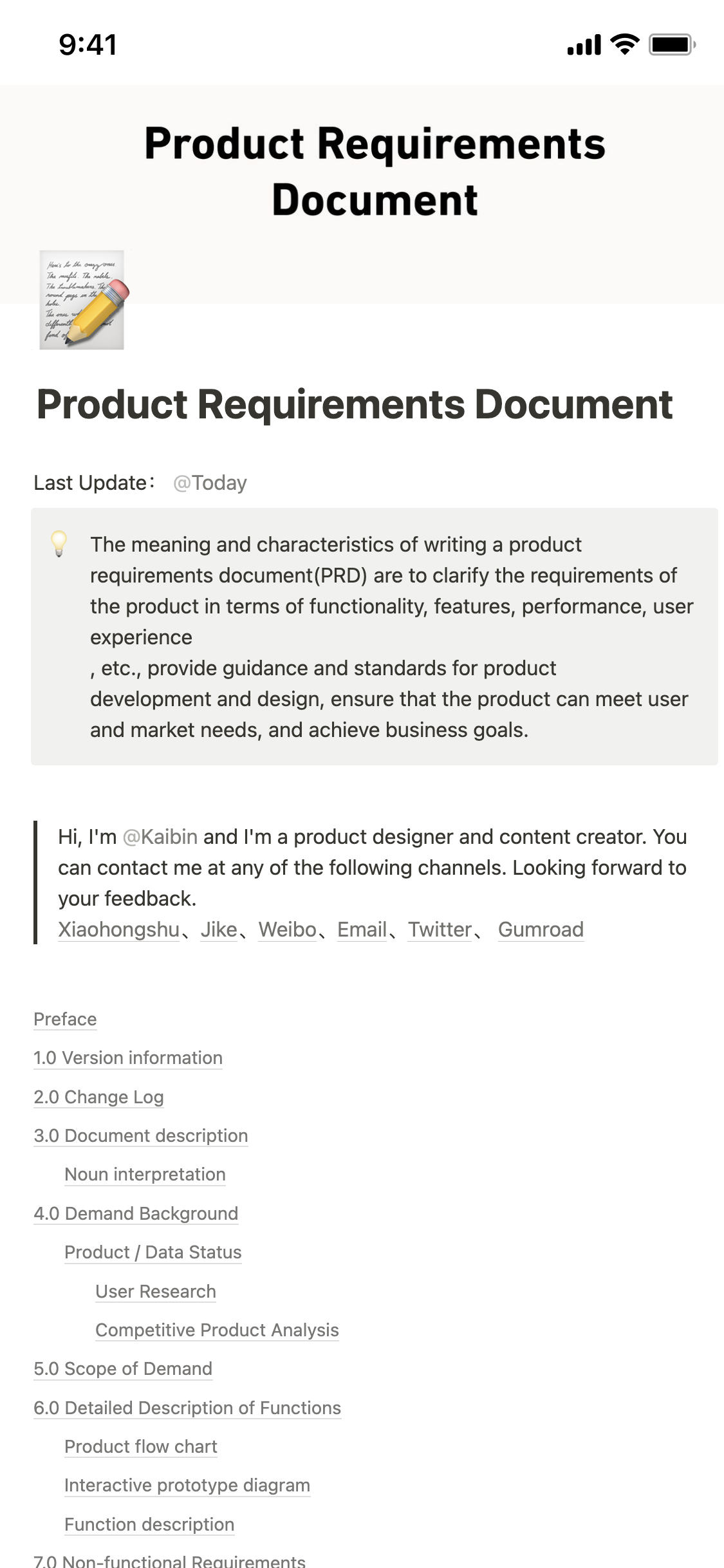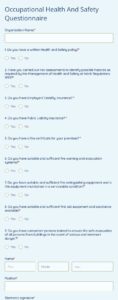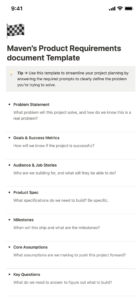Crafting a well-defined product requirement document is crucial for successful product development. It ensures that all stakeholders are on the same page regarding the product’s purpose, features, and constraints. Notion, a popular collaboration and note-taking tool, offers a comprehensive product requirement template that can streamline this process.

Notion’s Product Requirement Template
Notion’s product requirement template is designed to provide a structured framework for capturing and organizing product requirements. It includes various sections that guide you through the essential aspects of product definition. The template encompasses sections for:
- Product Overview: Define the product’s purpose, goals, target audience, and key performance indicators (KPIs).
- Functional Requirements: Specify the specific functionality and behaviors that the product must deliver to meet user needs.
- Non-Functional Requirements: Outline the technical and quality aspects of the product, such as performance, security, and usability.
- User Stories: Capture user stories that describe how different user types will interact with the product.
- Acceptance Criteria: Establish the criteria that the product must meet to be considered complete and acceptable.
The template’s flexible nature allows you to customize it to suit your specific project needs. Whether you’re working on a new product or refining an existing one, Notion’s product requirement template empowers you to create clear and comprehensive documentation.
Benefits of Using Notion’s Product Requirement Template
Utilizing Notion’s product requirement template offers numerous advantages for product teams:
- Improved Communication: The template provides a shared platform for stakeholders to collaborate and discuss product requirements, reducing misunderstandings and misinterpretations.
- Streamlined Development: By having a well-structured and documented set of requirements, development teams can work more efficiently and avoid costly rework.
- Enhanced Stakeholder Buy-In: Engaging stakeholders early in the requirement-gathering process builds consensus and ensures that the final product aligns with their expectations.
- Reduced Risk: Thoroughly defining product requirements helps identify potential roadblocks and risks early on, enabling teams to mitigate them proactively.
- Facilitated Change Management: Notion’s template allows for easy tracking of changes to requirements, ensuring that all stakeholders are informed and aligned throughout the product development lifecycle.
Conclusion
Notion’s product requirement template is an invaluable tool for product teams looking to capture, organize, and manage product requirements effectively. Its comprehensive structure and collaborative features foster clear communication, facilitate efficient development, and reduce risk throughout the product lifecycle. By utilizing Notion’s template, product teams can increase the likelihood of delivering successful products that meet the needs of users and stakeholders.
To get started with Notion’s product requirement template, simply visit the Notion website, create an account, and search for “Product Requirement Template.” From there, you can customize the template to fit your project’s specific needs and start capturing and managing requirements with ease.

